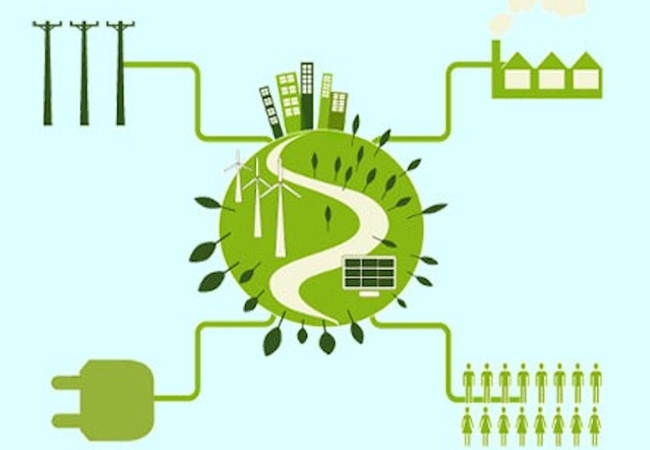To implement the energy transition, another important factor will certainly be the smart grid: a system of electricity grids that use digital technology to manage the transport of energy and thus meet end-users demand for electricity.
This intelligent and decentralised management of electricity distribution must be coordinated by qualified professionals. But what is the level of training in this area and what specific skills are required, which seem to be deficient and slowing down the energy transition?
Three years ago, to bridge the training gap in the sector, the European Commission launched the Smagrinet project, which has just ended.
Canale Energia interviews Karl Kull of TalTech, University of Estonia, coordinator of Smagrinet
The Smagrinet project ended on March 31, what is the balance of these three years of training to develop a generation of researchers and engineers?
Two hundred and forty students have participated in one or the other Smagrinet academic modules over the last 36 months in six different universities; 1400 participants in the Smagrinet short-term programs have received the re-educational modules at their on pace in our online environment; 70 participants in our “Train-the-Trainer” program which helped to equip interested universities to take up our educational programs at their respective organizations.
After these three years, will the project be extended?
From a technical point of view, the project was extended due to the Covid situation by 6 months and the contextual project ended on the 31st of March. In regards to the sustainability or work after of the program, the tools and materials will be continued to be provided through the universities in the years to come and updated according to the sectors need. They will be available for the same.
Have you achieved your goal to create a smart grid competence hub for enhancing the capacities of the European universities in energy research, innovation and education?
The information exchange and future developments among the current Smagrinet project members is surely going to continue. The educational and research projects are in the works.
Other mapped organisations, involved into the dissemination process, course instances in Lms Canvas, have been:
- Nova School of Science and Technology, Portugal/Centre of Technology and Systems, besides students and researchers, information has been disseminated in the Ieee Power and Energy chapter;
- Ntnu: Norwegian University of science and technology-Faculty of Information technology and electrical engineering-Department of electric power engineering (information disseminated to students and researchers).
As a next step, the dissemination in the Netherlands and in Czech Republic is planned: course instances in the Smagrient short-term program portal have been created.
The Consortium has developed and is executing several “Powerful Services”, what exactly are they?
Our “Powerful services” are essentially educational packages for:
• power engineering students and scientists who have the ability to choose between three module topics within their courses:
o Smart grid development
o Smart grid and AI
o Policy and economy regarding the grid;
- re-educational programs for the current workforce: 3 online short-term programs
What types of projects have been implemented to achieve the goal of bridging the skills gap that is slowing down the energy transition?
The educational tool created and the mobility experience change for students in an European work exchange has helped the project participants to gain experience that might take them a lot longer. The current feedback from students has been exceptionally good regarding the academic material and the experience exchange.
The companies participating in our mobility exchange project are also very happy with the students that attend their experience positions. During the last advisory board meeting, it was stated that the companies would like to increase the participation numbers through Smagrinet and are willing to cover the costs beyond the project.
Smagrinet short-term programs which are in essence re-educational programs for the current workforce to level up the employee’s knowledge on the smart-grid aspects. The last evaluation proved and validated that although the phrase “smart grid” is well known and marketed, the specific subjects are still a bit under communicated and every participant has received new knowledge that they had not know before.
Another good indication for the quality of the material is the fact that Smagrinet is one of the partners in the Estonian Ministry of Education re-educational programs with the short-term “Smart Grid A to Z”. It is a direct translation version which makes the material more digestible for the local participants and the results are in participation and completion numbers for this course are in the top 3 in the program.
Per ricevere quotidianamente i nostri aggiornamenti su energia e transizione ecologica, basta iscriversi alla nostra newsletter gratuita
e riproduzione totale o parziale in qualunque formato degli articoli presenti sul sito.



















